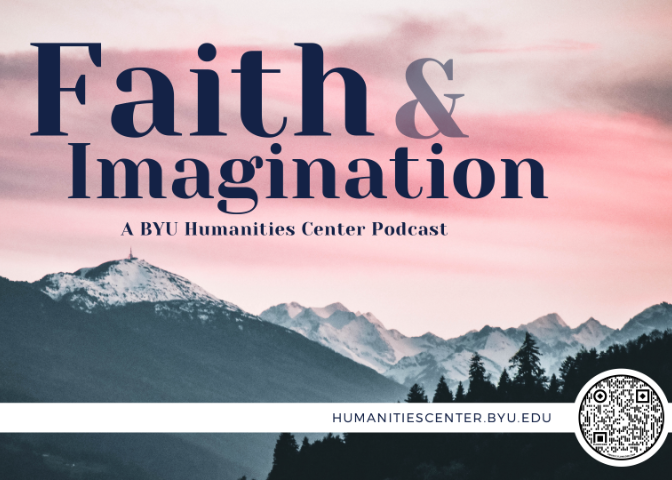Feelings of self-transcendence, of connectedness to God, others, and the world, are widely seen as a principal feature of spiritual well-being. So when pandemic conditions shut us in and, to a degree, cut us off from our normal routines of living, this can lead to psychological and even spiritual depression. David Perrin is a professor of religious studies at St. Jerome’s University of the University of Waterloo in Canada. By craft and training, he is a theologian, a former president of the Society for the Study of Christian Spirituality, a widely published scholar on spirituality, and the author of a forthcoming article titled “The Collapse of Self-Transcendence: COVID-19 and the Reshaping of Meaning-Making in Everyday Life.” During this episode we discuss self-transcendence as a feature of human experience, how the pandemic affects us spiritually, and how to work through and past our present circumstances.
Interview by Matthew Wickman, Founding Director BYU Humanities Center.
Produced and edited by Brooke Browne and Sam Jacob.

Steven Knepper is Associate Professor of English and Bruce C. Gottwald, Jr. ’81 Chair for Academic Excellence at Virginia Military Institute. A scholar as...

Christopher Morris is Head of the Department of Pastoral and Spiritual Studies and lecturer in Spirituality at Catholic Theological College in Melbourne, Australia. He...

Matthew Croasmun is Associate Research Scholar and the Director of the Life Worth Living program at the Yale Center for Faith & Culture and...